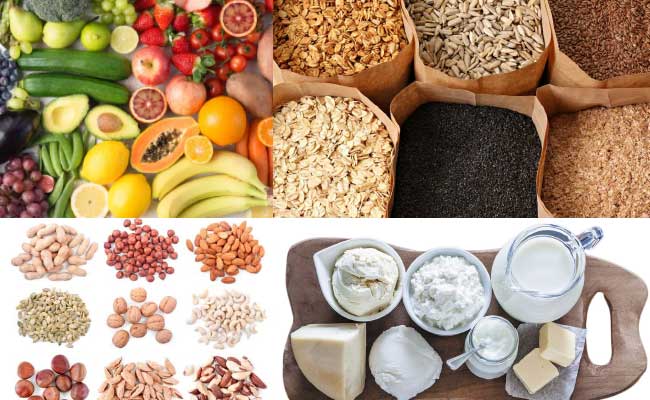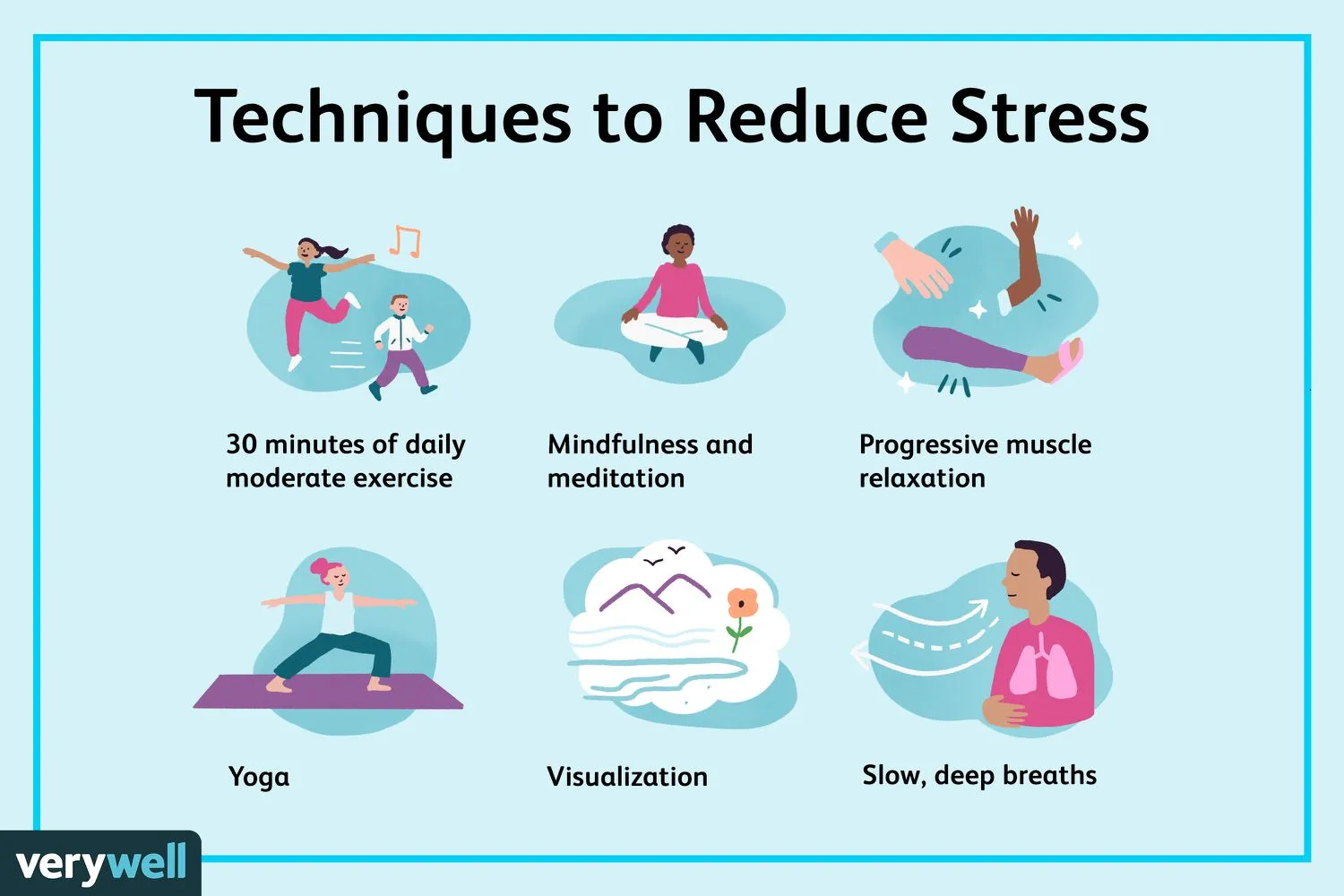Maintaining a healthy, balanced diet is essential for overall health and well-being. A balanced diet provides the necessary nutrients for the body to function properly, and can help prevent chronic diseases such as obesity, diabetes, and heart disease. In this article, we will explore the components of a healthy, balanced diet and provide some tips on how to achieve it.
The Components of a Healthy, Balanced Diet
A healthy, balanced diet should include a variety of foods from each of the following food groups:
- Fruits and Vegetables : Fruits and vegetables are rich in vitamins, minerals, and fiber, which are essential for a healthy diet. It is recommended to consume at least 5 servings of fruits and vegetables daily. This can be achieved by incorporating a variety of colorful fruits and vegetables into your meals and snacks.
- Whole Grains : Whole grains provide essential nutrients such as fiber, vitamins, and minerals. Examples of whole grains include brown rice, quinoa, oats, and whole wheat bread. It is recommended to consume at least 3 servings of whole grains daily.
- Lean Protein : Protein is essential for building and repairing tissues in the body. It is recommended to consume lean sources of protein such as poultry, fish, beans, and nuts. It is important to limit intake of red and processed meats.
- Low-Fat Dairy : Dairy products provide calcium and other essential nutrients. It is recommended to consume low-fat dairy products such as milk, yogurt, and cheese. It is important to limit intake of full-fat dairy products.
- Healthy Fats : Healthy fats such as omega-3 fatty acids are important for brain function and heart health. Sources of healthy fats include fatty fish, nuts, and seeds. It is important to limit intake of saturated and trans fats.
Tips for Achieving a Healthy, Balanced Diet
- Plan and Prepare Meals in Advance : Planning and preparing meals in advance can help ensure that you are consuming a healthy, balanced diet. This can include meal prepping on the weekends or simply making a grocery list before going to the store.
- Incorporate a Variety of Foods into Your Meals : Eating a variety of foods from each food group can help ensure that you are getting all the necessary nutrients for a healthy diet. This can also help prevent boredom with your meals.
- Pay Attention to Portion Sizes : Portion sizes can greatly impact the amount of calories consumed. It is important to pay attention to serving sizes and to not overeat.
- Limit Processed Foods and Added Sugars : Processed foods and added sugars can contribute to weight gain and other health problems. It is important to limit intake of these types of foods and to opt for whole, unprocessed foods whenever possible.
- Drink Plenty of Water : Staying hydrated is important for overall health. Drinking plenty of water can help prevent dehydration and can help with weight loss.
Conclusion
Maintaining a healthy, balanced diet is essential for overall health and well-being. A balanced diet should include a variety of foods from each food group, including fruits and vegetables, whole grains, lean protein, low-fat dairy, and healthy fats. Planning and preparing meals in advance, incorporating a variety of foods into your meals, paying attention to portion sizes, limiting processed foods and added sugars, and drinking plenty of water can all help achieve a healthy, balanced diet. By making small changes to your diet, you can greatly improve your overall health and well-being.
![]()





